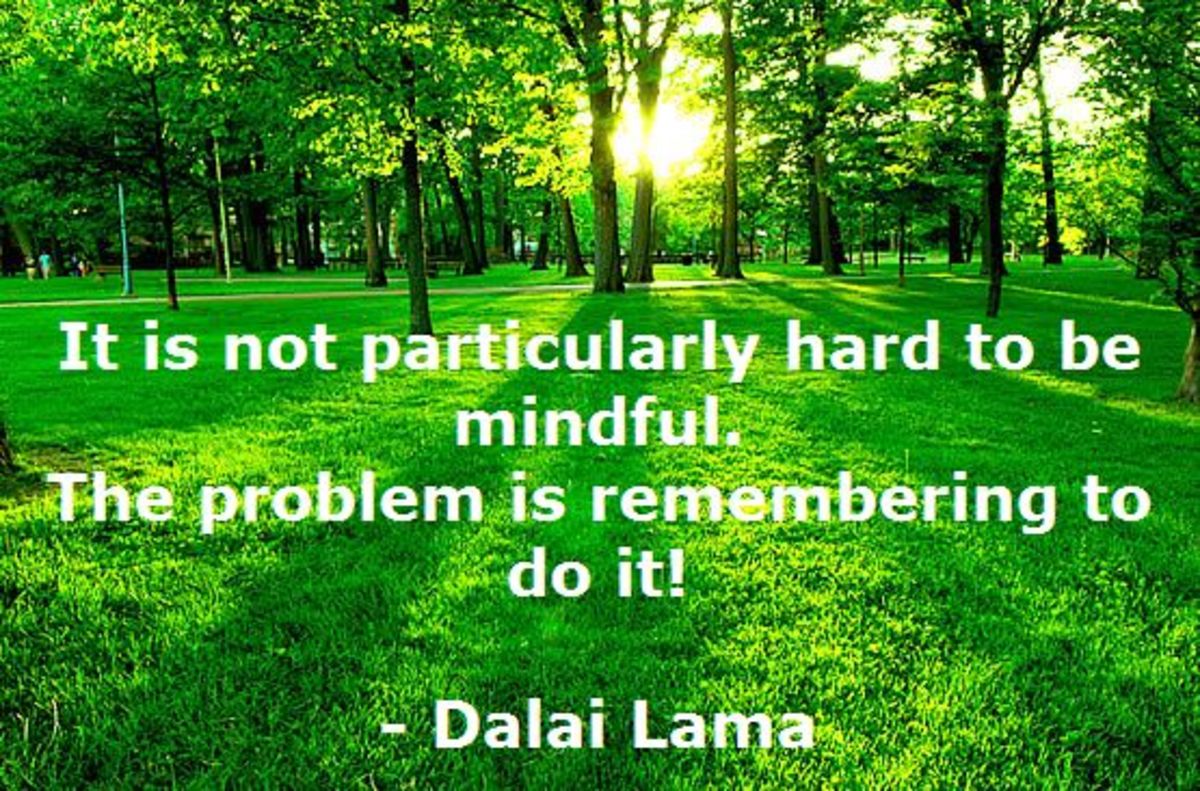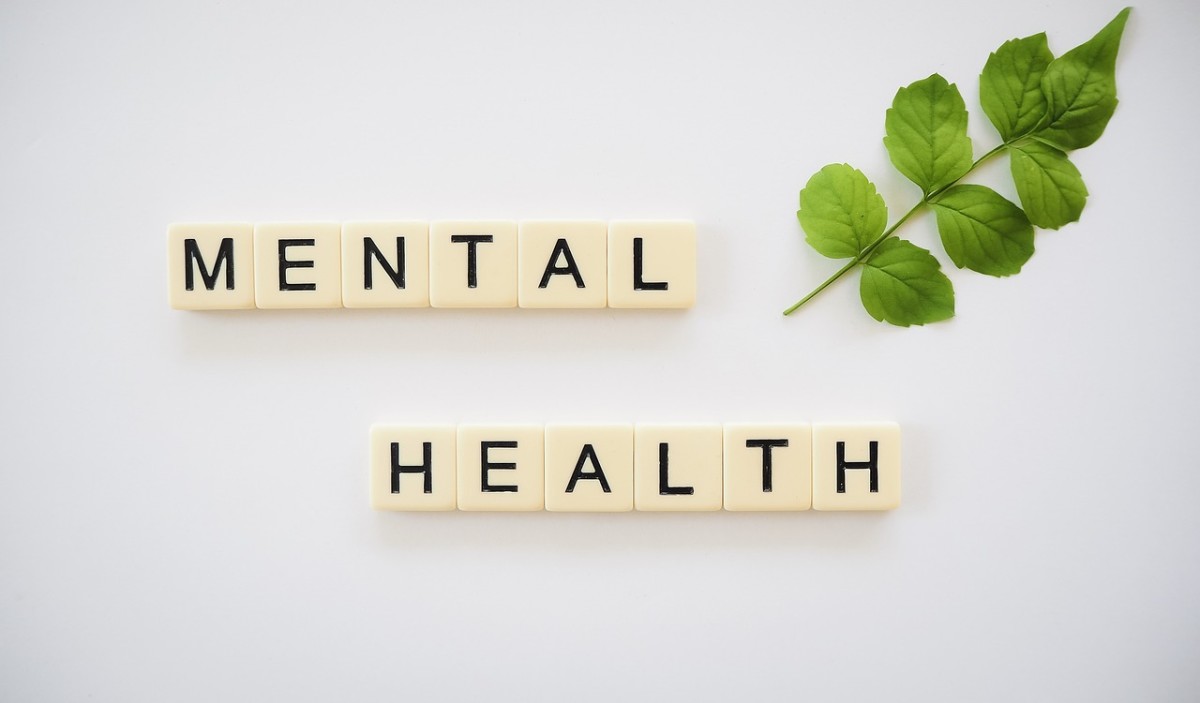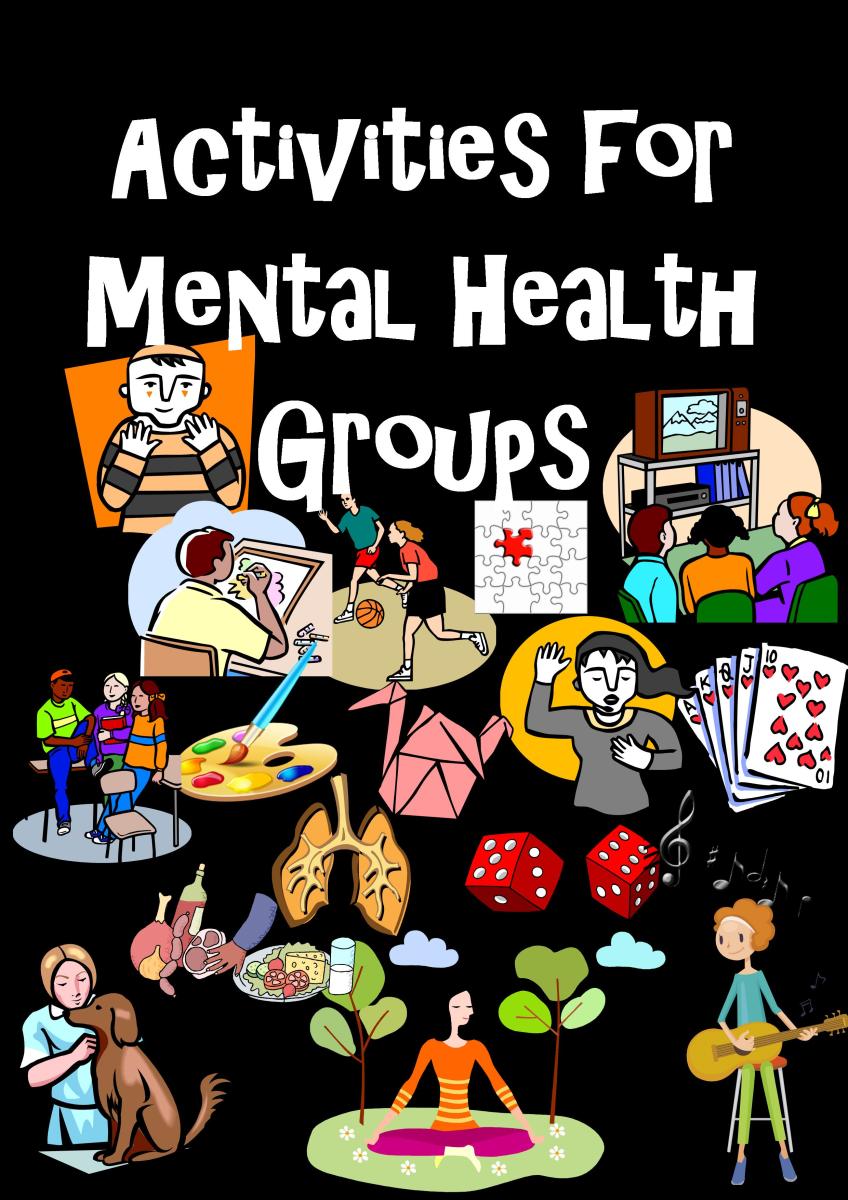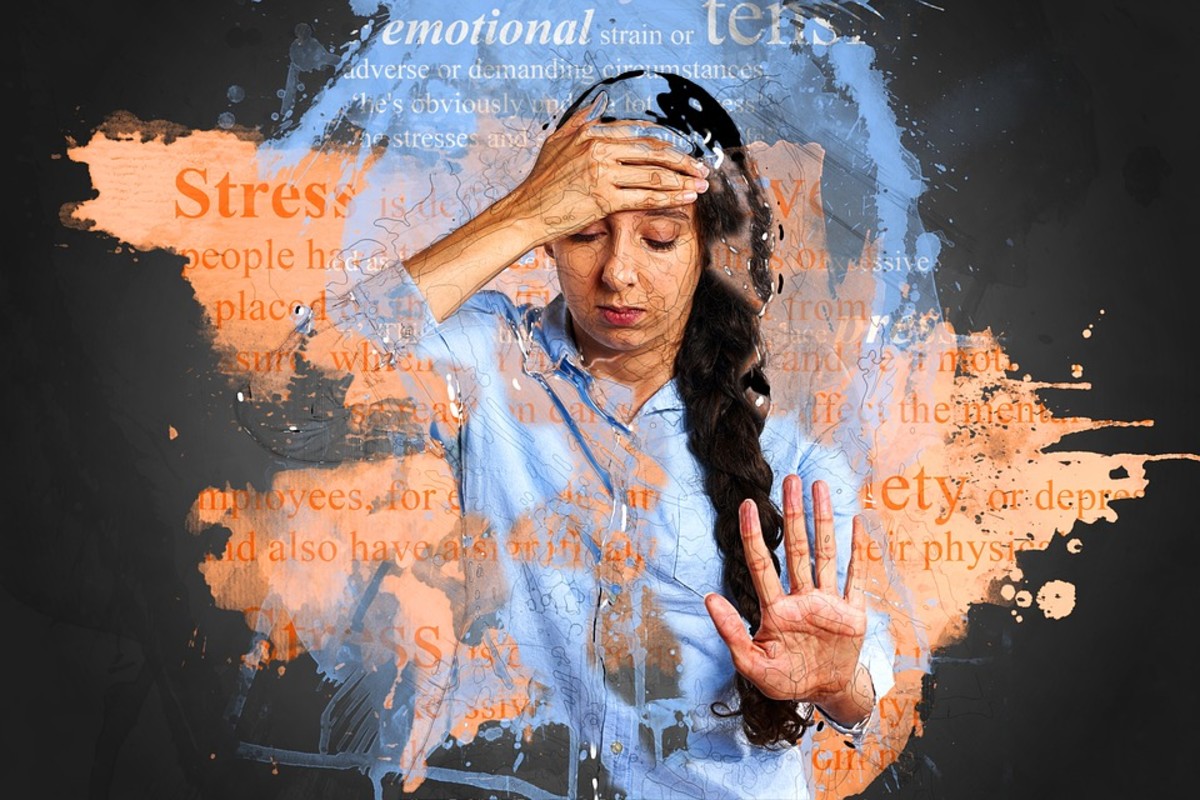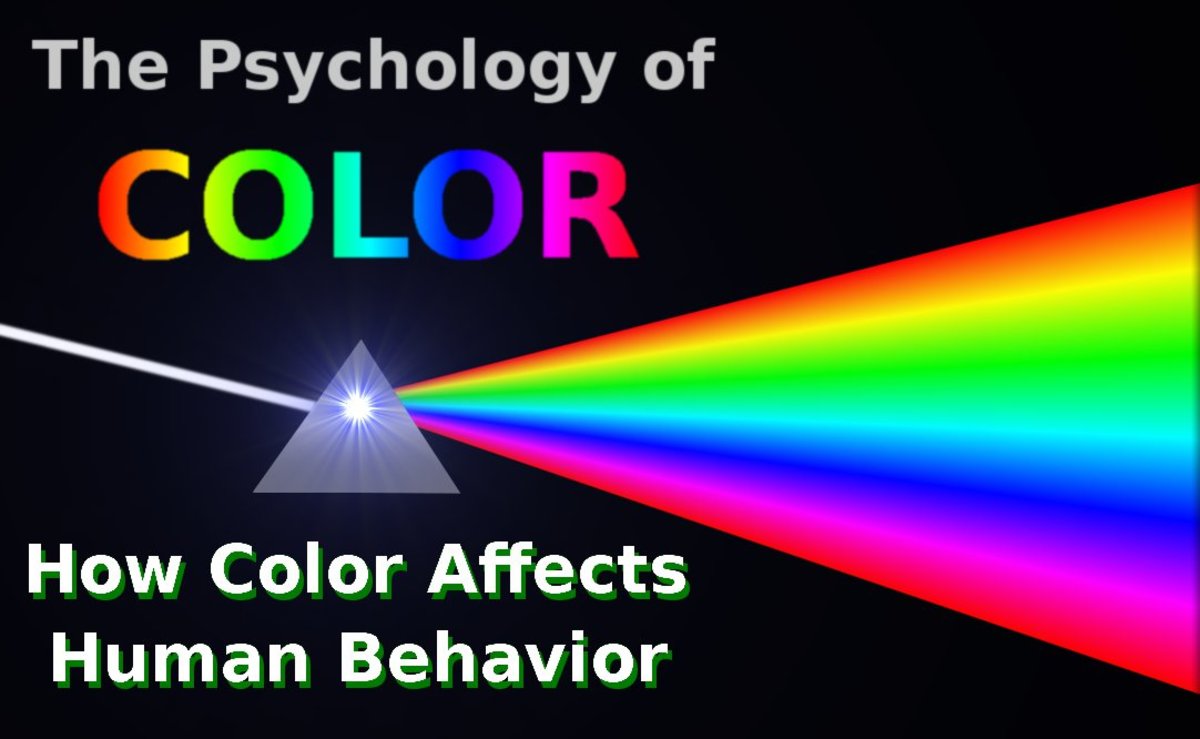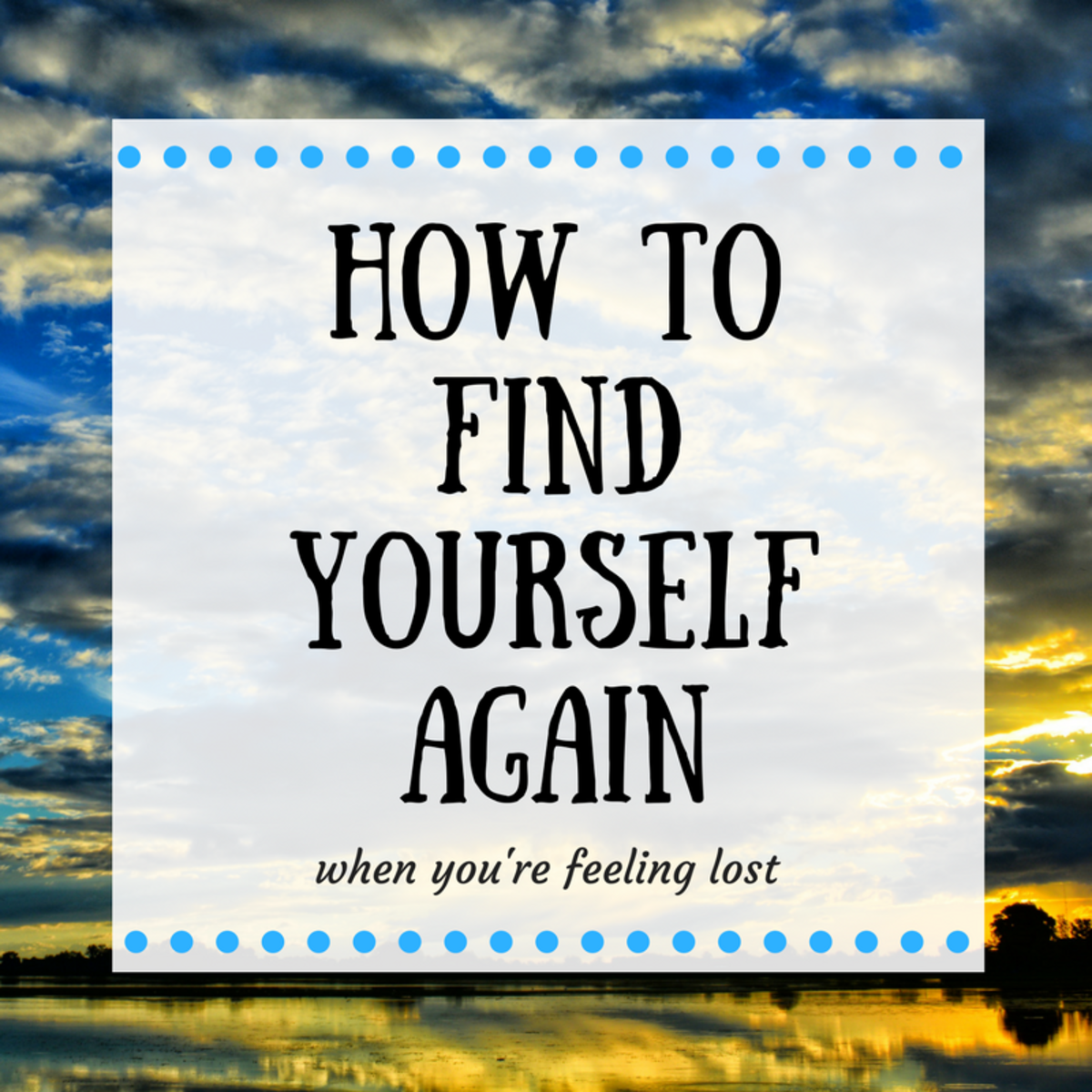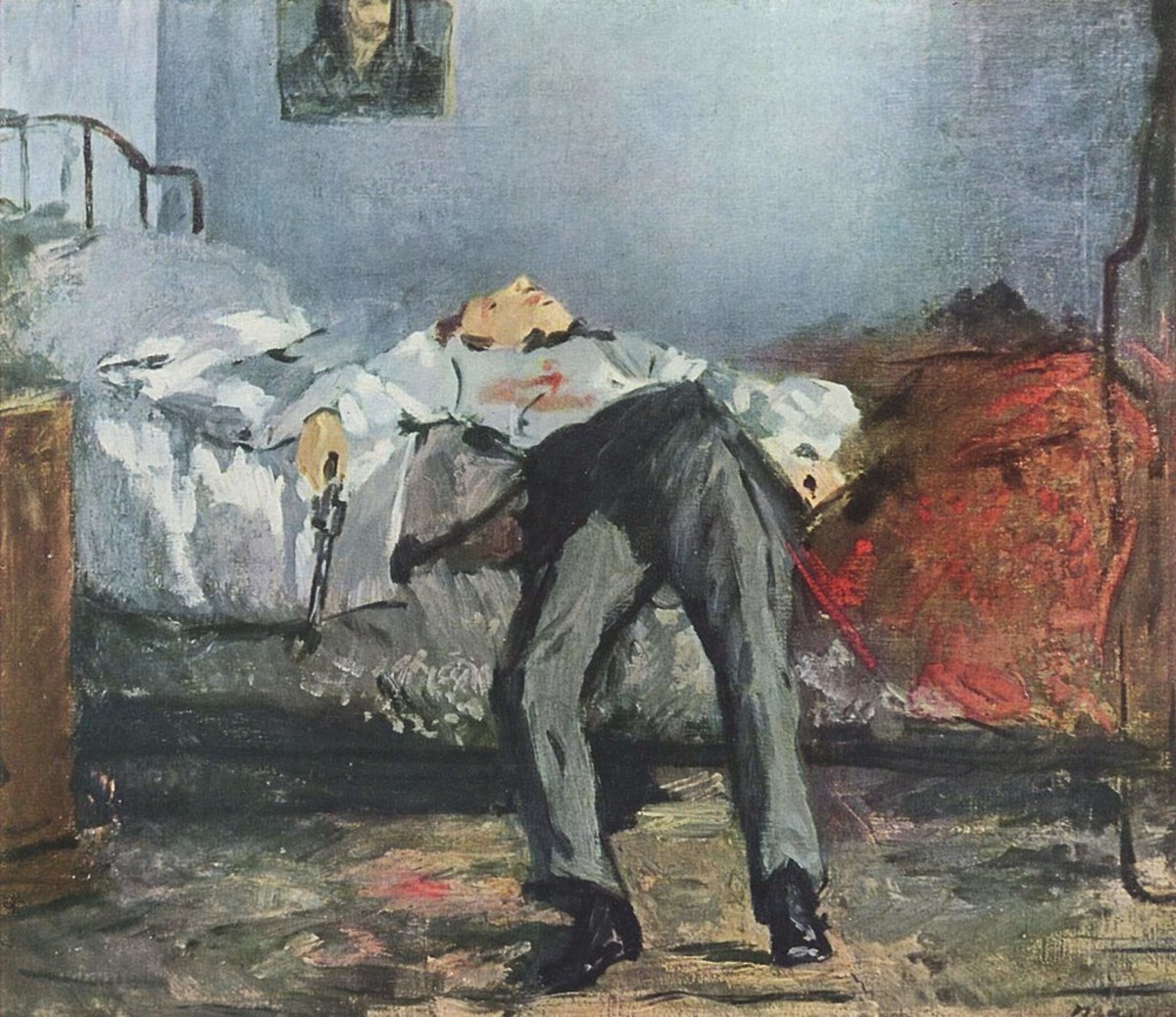Your Personal Mental Health Plan
Creating a Personal Mental Health Plan for Young People
Although online and pop culture focus on mental health has never been more pinpointed than it is today, and stigma is being addressed through the media and in schools, government funding hasn't caught up in many places around the world to provide greater support for people needing health care assistance. It can be a time consuming, soul draining minefield to navigate, in spite of the often great intentions of people who work within clinics, not for profits and hospitals.
Just one idea for a prevention or stop-gap project is making a personal mental health plan. This is a series of books, tools, resources and strategies just for you, that are researched and can assist to make psychologist wait times, stressful school months and hard times that little bit more bearable. When feeling vulnerable, this is the list of things that can help you. A PMHP can also be used to look after already-robust mental wellbeing as self care.
You probably have different strategies already, especially if this isn't your first experience with mental health, long wait times or feeling under supported. It's important to note that this isn't a replacement for medication, medical care or mental health care, but it is a good way to practice self empowerment and self management between appointments. Here are a few more ideas, or some to get you started on your journey:
1. Meditation Youtube Channels
There are many great content creators who focus on sleep assistance through meditation. Videos that are tailor made by qualified yoga instructors, counsellors, music editors and therapists are all over Youtube. This can be useful for anyone who has trouble getting to sleep or dealing with stress at night time. Two examples are included below:
Music only: https://www.youtube.com/watch?v=lFcSrYw-ARY
Beginner Guided: https://www.youtube.com/watch?v=y8LIbeKQ60U
2. Mindfulness exercises in the morning or evening
Just 10 Mindfulness meditation can assist with stress prevention, feelings of anger and concentration. In a Tedtalk by Andy Puddicombe, he outlines the benefits of this exercise and the changes it can have on your mental wellbeing.
Here are some exercises: https://www.mayoclinic.org/healthy-lifestyle/consumer-health/in-depth/mindfulness-exercises/art-20046356
More information on Daily Mindfulness:
3. Knowing your National, State and local helplines for suicide, mental health or abuse
Knowing a helpline is great for any crisis that might arise in life. Even if you are confident of your mental health and your family's, it's never a bad number to add to your personal mental health plan, just in case.
4. Good relationship with your GP
Your GP may not be a psychologist or there for talk-therapy, but they do have access to referral services for local clinics, NGO's and support groups you may not be aware of. Having a GP with your full health history is also very important for general health and wellbeing, plus any medication needs.
5. Contact with local or online support group
Support groups for a variety of issues, including depression and anxiety, PTSD etc. are a good way for those who live in larger cities to access anonymous, affordable support from a structured session with other people experiencing the same concerns. There are online options too. Even having the contact details can alleviate feelings of isolation. Be careful to check they are associated with a legitimate organiser or not for profit foundation.
6. Contact for Family or Friend Support Person
An emergency contact for a crisis is important, but so is a Vent Person, who can support you, (and maybe you them in return), during the tough times. Having a friend to talk to can make all the difference when they are discreet, supportive and non-judgemental.
7. ASMR Podcast or Channels
ASMR stands for Autonomous Sensory Meridian Response and is a fancy term for videos or podcasts with relaxing soft speaking or sounds that can help people relax and sleep. Channels have specific themes, including Positive Affirmations, Insomnia help, Self Esteem boosting and other help.
Some good channels to begin with could include:
GentleWhispering
KarunaSatoriASMR
Ephemeral Rift
Batala's ASMR
With the addition of these small resources, maintaining mental health or self empowering during long wait times may be made a bit easier- or more organised. There is a chart below as an example of how to record the information in table format if you like to see things laid out on screen or paper.
It is important to note however, that sometimes we just don't have the capacity to spend the time or emotional labour on projects like this one, even if we want to. And that's ok. There will be another time to make changes when life is a little less hard.
This is part 1 of 2 in a series about this topic, please check back for more tips in our second article, where we will talk in depth about other resources to add to your PMHH and use mine as an example.
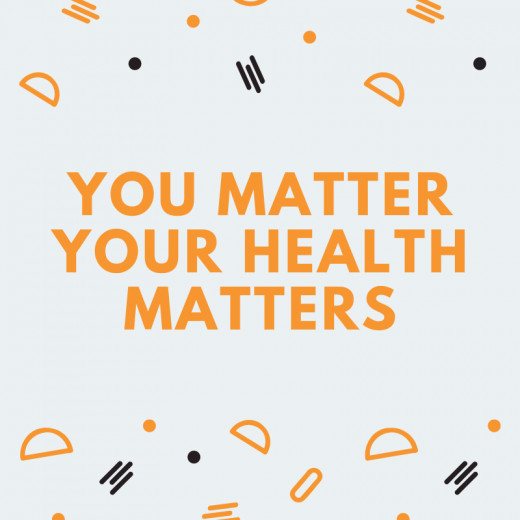
Resources for Personal Mental Health Hub
Helplines
| Friends/Family numbers
| Youtube Channels
|
|---|---|---|
Write down your list of Hub resources for easy access
This content is for informational purposes only and does not substitute for formal and individualized diagnosis, prognosis, treatment, prescription, and/or dietary advice from a licensed medical professional. Do not stop or alter your current course of treatment. If pregnant or nursing, consult with a qualified provider on an individual basis. Seek immediate help if you are experiencing a medical emergency.
© 2019 Alaina Macdonald

